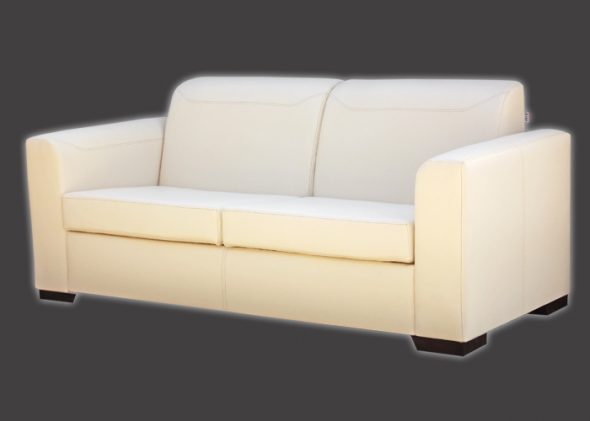
Many people, having finished renovating their apartment, buy new upholstered furniture, if their funds allow, of course. But the choice must be right. In addition to durability, a cozy appearance, and a transformation mechanism, it is worth paying attention to the filler and asking the seller what the “filling” of the sofa is. This determines how comfortable you will be. There are many fillers now, you need to have an idea of some of them, their quality, reliability, and how long furniture with such filler can last.
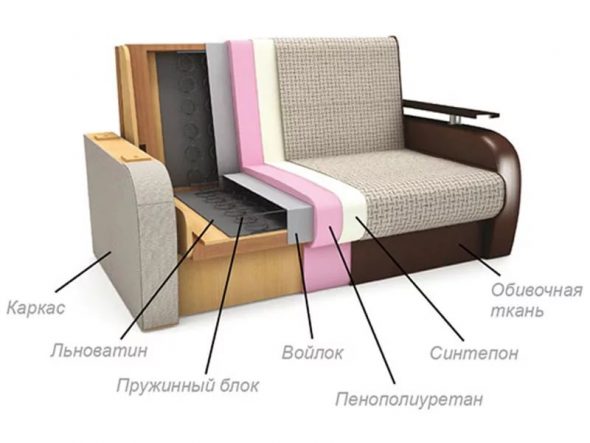
Furniture manufacturers often use polyurethane foam as a filling - PPU. Many sofas with a spring block. Buyers sometimes get confused, what is better - a spring or PPU and cannot decide on the choice.
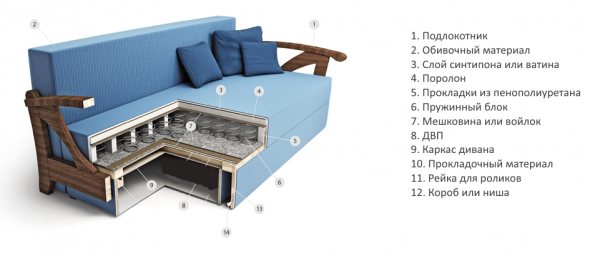
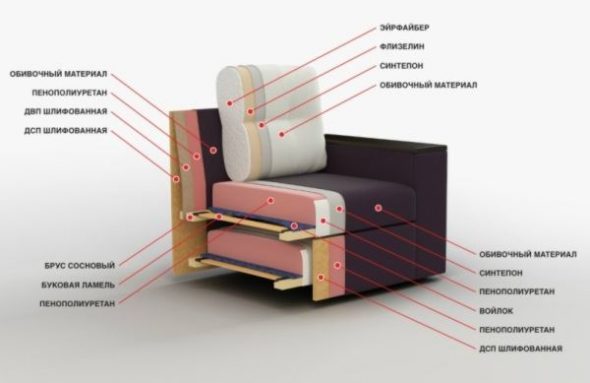
Content
- How it works
- Advantages and disadvantages
- Polyurethane foam or spring block? Which sofa filling is "better"?
- The best springless synthetic fillers
- The best springless natural fillers
- How to choose the right polyurethane foam filler. What is it in a sofa
- Video: Polyurethane foam mattresses, foam mattresses, types of polyurethane foam
How it works
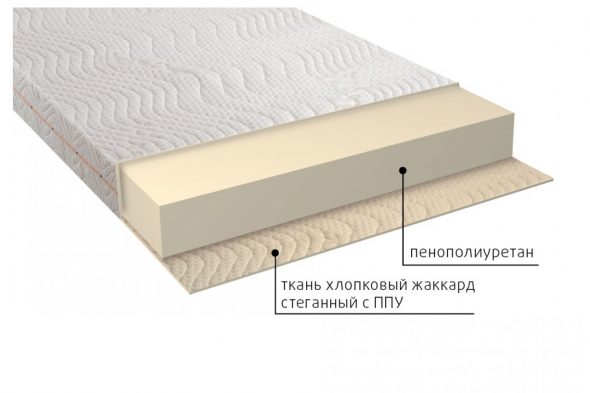
Before choosing a sofa, let's find out what polyurethane foam is. It is a synthetic porous substance consisting of cells filled with air. During its production, the liquid composition foams and then hardens. Polyurethane foam is 90% air and has thermal insulation properties. Polyurethane foam is the same foam rubber, it is used almost everywhere - as a filler for furniture, toys for children, sponges for dishes, washcloths and much more are made from it.
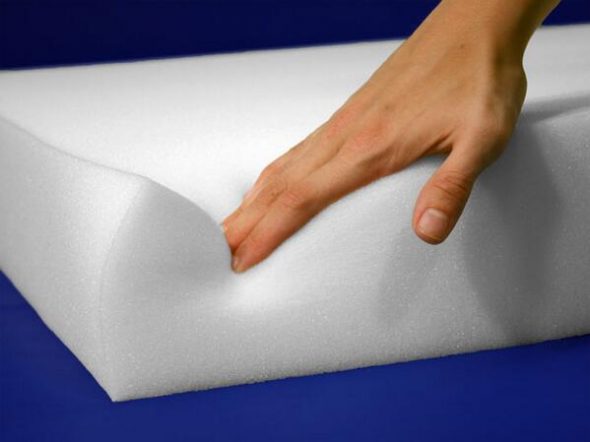
It is widely used as a filler due to its compactness, this property gives softness and elasticity to the product. It is produced in the form of small sheets - this is foam rubber, and also in the form of quite strong and massive slabs - this is polyurethane foam. If the material is of poor quality, it will quickly become unusable and will crumble. Then it needs to be replaced.
Advantages and disadvantages
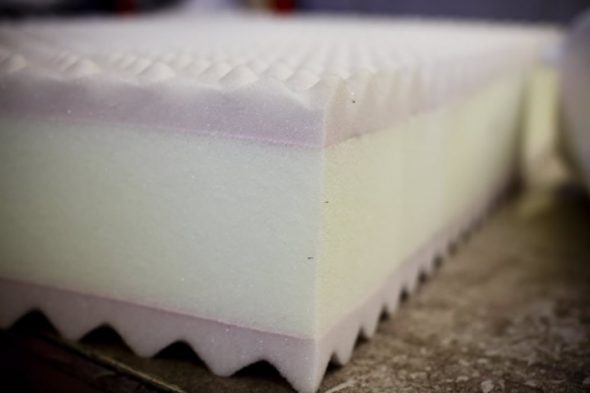
Polyurethane foam has its pros and cons. Let's look at the positive properties.
- The main quality is that it does not accumulate dust, it is completely hypoallergenic. This ability is important for those who are prone to allergies.
- During production, it is treated with antibacterial and antifungal agents, so it does not cause harm to health.
- It can serve for a long time and is wear-resistant.
- Has good air permeability.
- Thanks to its elasticity, it instantly restores its original shape.
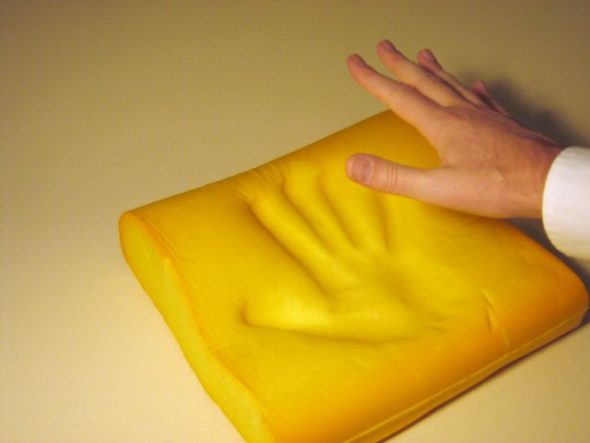
There are also negative properties
- Often you come across polyurethane foam of poor quality - it will quickly lose its original shape, and the furniture will quickly sag.
- The material does not tolerate direct sunlight and begins to deform. Light-protective materials are used in production.
- Polyurethane foam is a flammable substance that releases toxic substances when burned.
- For many, the high density of polyurethane foam may seem hard.
- Excessive softness of the material can cause back problems, and in children - curvature of the spine, so it is better for them to sleep on a hard surface.
Polyurethane foam or spring block? Which sofa filling is "better"?
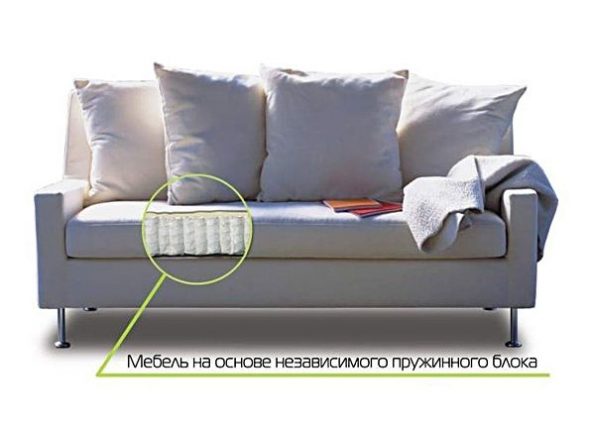
Enough time has passed since spring blocks were replaced by materials that are used as filler for upholstered furniture - latex, holofiber, polyurethane foam, synthetic winterizer. But what is better - a spring block or polyurethane foam?
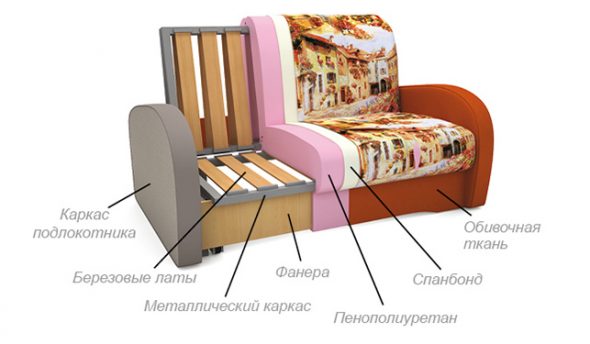
| Comfort | This property is important for any furniture, no matter what function it performs. It is important when you lie down that no pits appear, then there is definitely no time for rest, and instead of a peaceful sleep you will look for a comfortable position. The load should be distributed equally on the entire base. What can be said about polyurethane foam? It holds its shape well, has excellent elasticity, adapts to the contour of the human body. Withstands heavy weight, instantly takes its original form. If the material is of sufficient quality, it will serve for a long time. |
| Spring blocks | There are dependent and independent ones. In the first variant, the springs are intertwined and have long gone out of use. It is simply unbearable to lie on such a base, if you press on one spring, it will pull all the others. The second variant allows you to have a great rest, in such blocks each separate spring is packed in a bag, the load in this case is distributed evenly. |
| Thoroughness. | Undoubtedly, polyurethane foam is a durable material. It does not accumulate dust, has excellent air permeability, and is harmless. Furniture with such a filler will serve for many years if used for its intended purpose. But if you often jump on such a sofa, which children especially love to do, it will quickly lose its elasticity.
The same applies to spring blocks, not all can withstand such loads, especially inexpensive options. Economy class furniture will creak, and the springs will come out through the upholstery. In high-quality sofas, a sufficient number of intermediate layers are placed between the spring block and the upholstery material, so the springs always remain in place. |
| Price. | Furniture with spring blocks is more expensive than with polyurethane foam. But everything depends on the quality of the material. Therefore, think carefully before buying a cheaper sofa, otherwise the joy of the purchase will turn into big problems. Be sure to find out from the seller what kind of filler is inside, what quality it is. After all, this determines how long the furniture can serve you, whether it will be comfortable, convenient to sit or sleep on it, so that the original appearance remains the same as long as possible. |
No one will answer the question "What is better?" Each filler has its advantages and disadvantages. It is up to you to decide what you prefer.
The best springless synthetic fillers
- Many furniture manufacturers prefer to use polyurethane foam, as it is an affordable material and easy to work with. There are two types - cast and block. In the first case, special forms are filled with the required composition, similar in thickness to sour cream. After it hardens, the desired shape is obtained. In the second case, sheets are cut into layers of the required thickness and size and glued together.
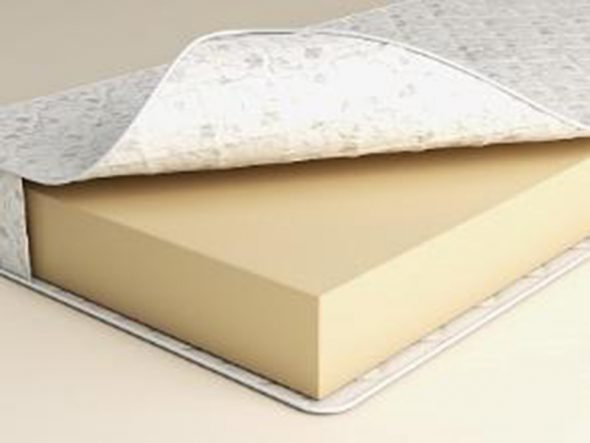
- Synthetic fluff. Spiral fiber made of silicone, in a matter of minutes restores its original shape after compression. It has such properties as quality, reliability. It is used mainly for stuffing furniture cushions, as a filler for backs and armrests.
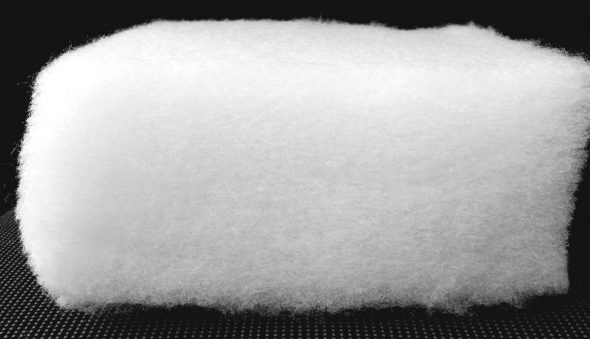
- Sintepon. Non-woven, very light material, which is produced from polyester fibers. The substance is hypoallergenic, therefore furniture with sintepon as a filler is used in children's rooms, suitable for people prone to allergies. It is also used to stuff pillows, used in the manufacture of clothing. Eco-friendly material, does not wear out for a long time, is resistant to various fungi, has a water-repellent property, is safe.
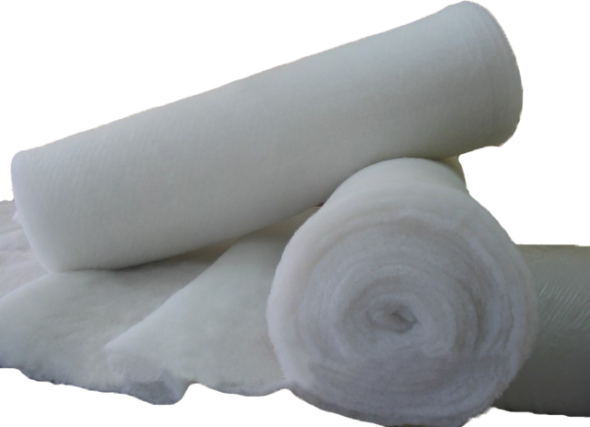
- Periotek. Looks like weightless, fluffy felt, is safe for allergy sufferers, and may contain wool or cotton fibers. The density of such furniture can be normal or high.
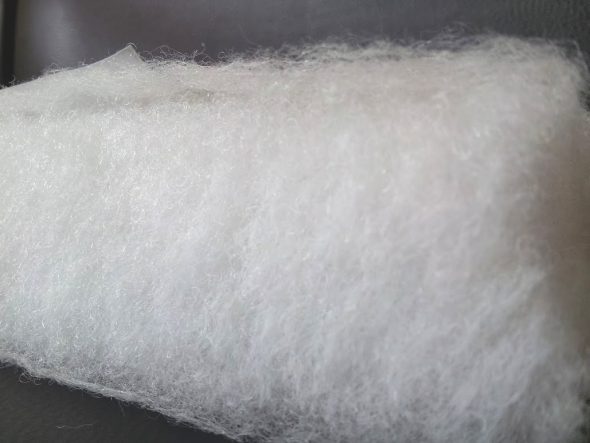
- Vatnik. This is, in fact, a layer of cotton wool 5-10 cm thick, located between layers consisting of dense fabric. Furniture with such a filler is soft, but there is no elasticity.
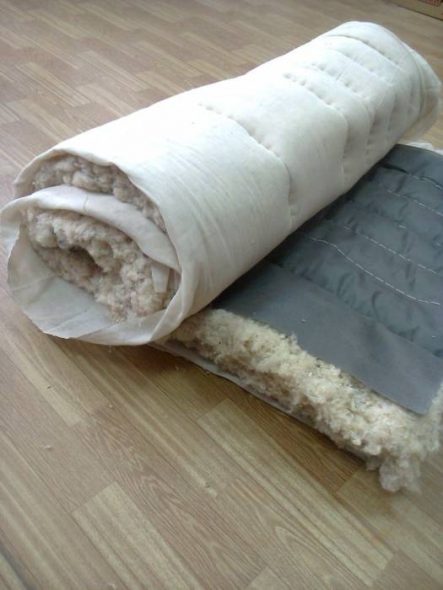
The best springless natural fillers
Any filler used in the production of upholstered furniture or mattresses has its own properties.
- Latex is natural. It is made from the juice of the rubber tree using an individual technology. It is foamed, as a result of which cells are formed, so it "breathes". Excellent heat and moisture conductivity, the material is solid, of very high quality. The shelf life is about 10 years. Instantly takes its original shape after heavy loads. There is only one drawback - a very high price.
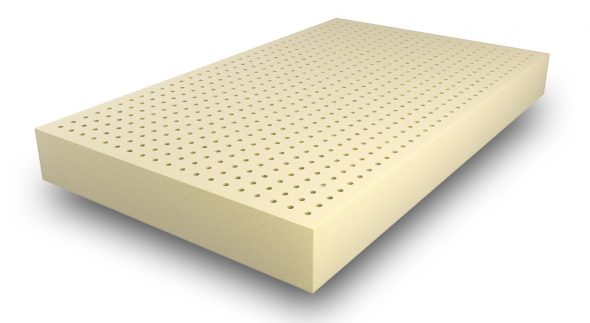
- Horsehair. Excellent filler. Horse mane is treated with latex. This is done to ensure that the material is elastic and lasts a long time, is moisture-resistant, and breathable. The filler is of high quality, but expensive. Not suitable for people prone to allergies.
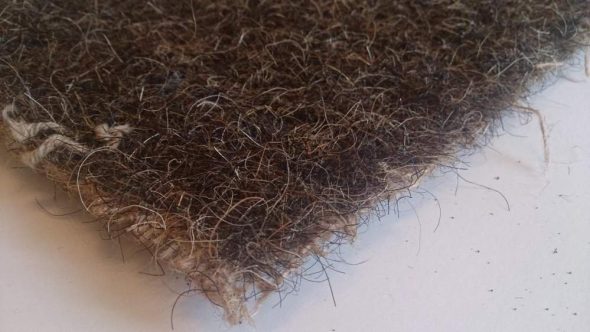
- Coconut coir. Fibers are produced from the intercarp of the coconut; they, like horsehair, are treated with latex to make them elastic and strong. In addition, they also have antibacterial properties, are hypoallergenic, environmentally friendly, do not rot, and are a breathable material. Furniture with such a filler is perfect even for small children.
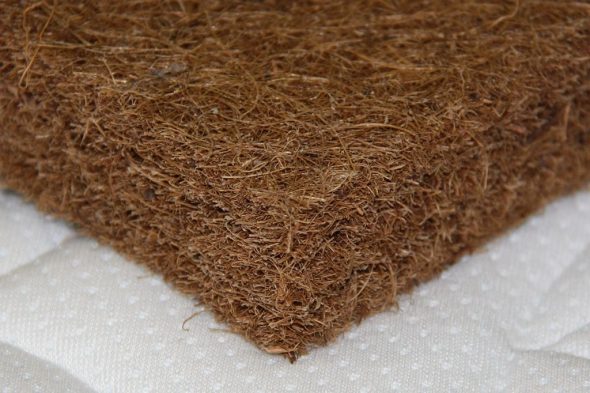
- Sea grass. The most environmentally friendly filler. During production, the raw material is combined with jute. The furniture is sufficiently rigid, which is beneficial for the back and maintaining the health of the spine. In addition, such a filler strengthens the immune system, normalizes sleep, as it contains iodine and various minerals.
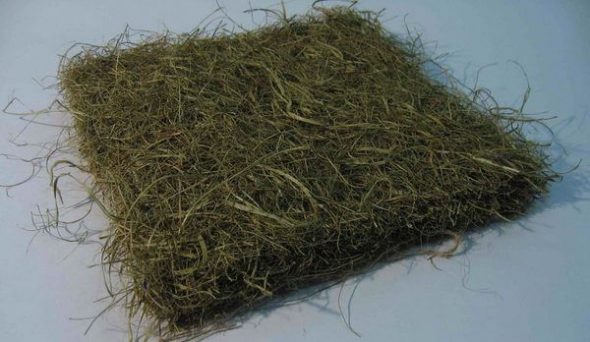
- Bamboo fiber. Made from young bamboo shoots. The material is able to absorb water vapor, let air through, has anti-allergic and antibacterial properties. It is not subject to rotting, does not deform for a long time.
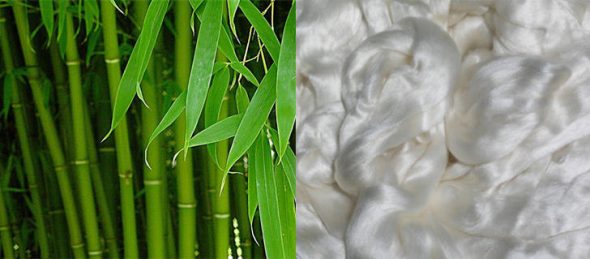
- Camel wool. Excellent breathable material, can absorb static electricity. Not suitable for people prone to allergies.
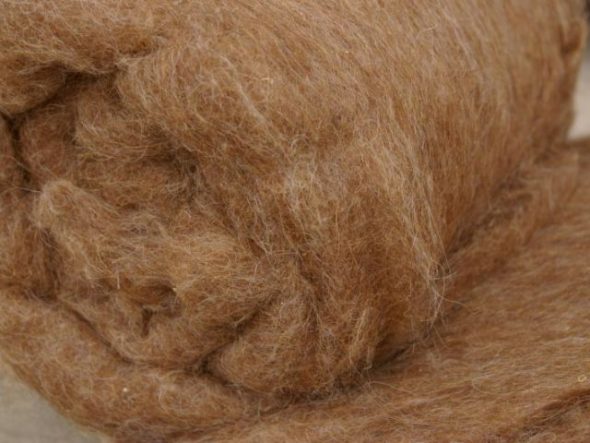
- Felt. Made from sheep wool. Has good thermal conductivity. One disadvantage is that it can accumulate moisture, which can cause mold.
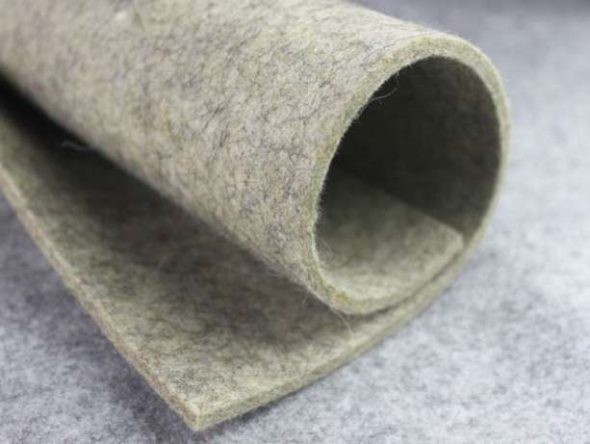
How to choose the right polyurethane foam filler. What is it in a sofa
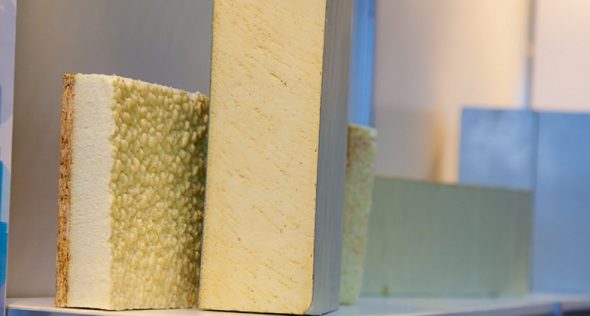
Not every polyurethane foam is of good quality. Only excellent polyurethane foam has the necessary properties. There is no need to differentiate between foam rubber and polyurethane foam - these are identical materials. The difference lies in the function, cost, properties, category. Before choosing furniture, be sure to inquire about its density - it should be from 30 kg / m3. Accordingly, the higher the density, the higher the quality and cost.
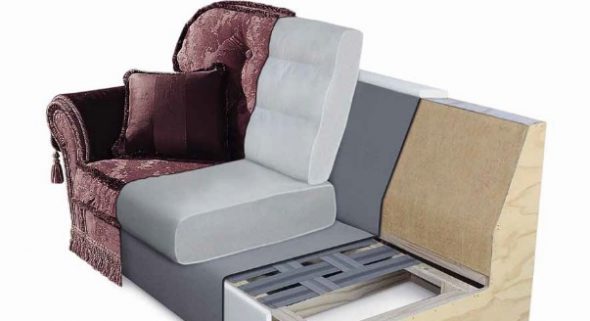
The thickness of the material should not be overlooked. The normal value is four centimeters. Sometimes, in order to save money, a filler of 3 or 2 cm thickness is used. It is better to ignore furniture with a filler of such thickness. How elastic and hard the sofa is depends on your personal preferences. The choice is always yours.
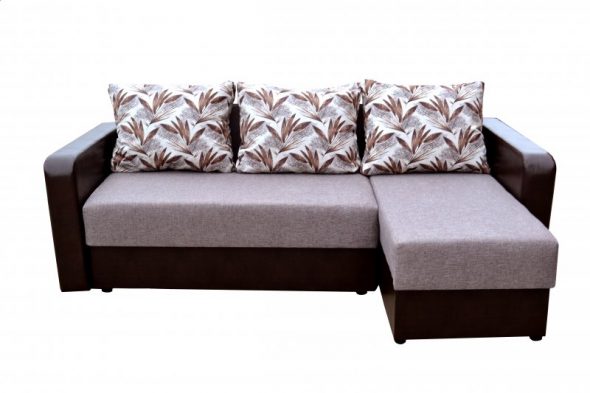

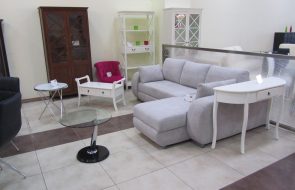
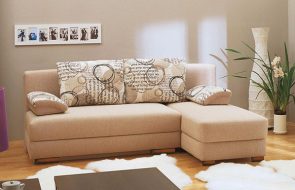
Guys, natural latex retains its properties even after 30 years of use. If you don’t know, write 10 years. I have a sofa from the Vilnius furniture set, manufactured in 1978, and it had a thick, solid seat cushion made of latex. It was replaced only in 2012, and at the time of replacement, the cushion retained its properties.
How can the minerals from the seaweed that are inside the product get into the body to be beneficial?)))